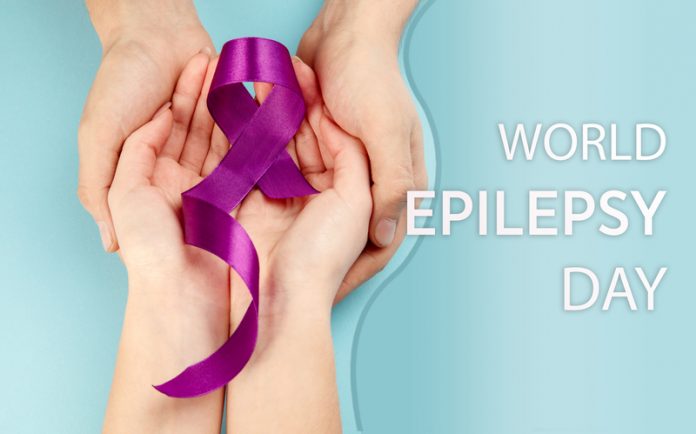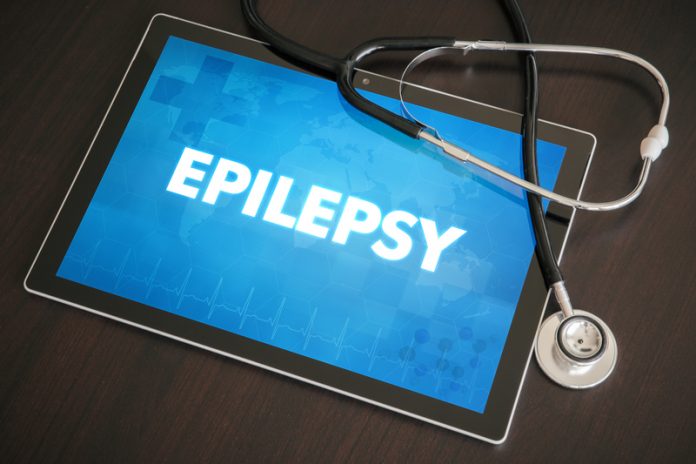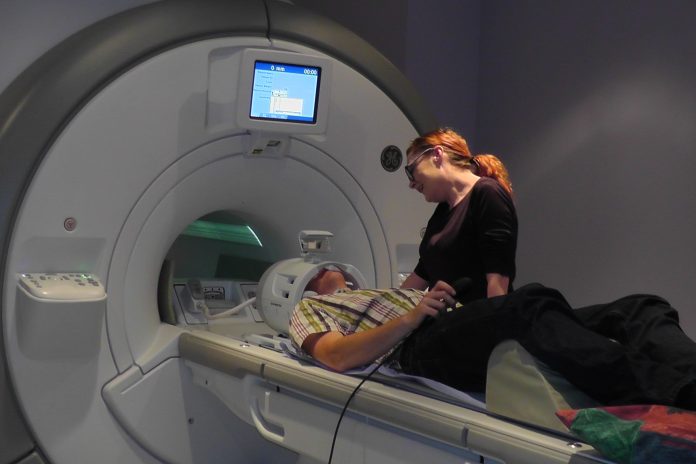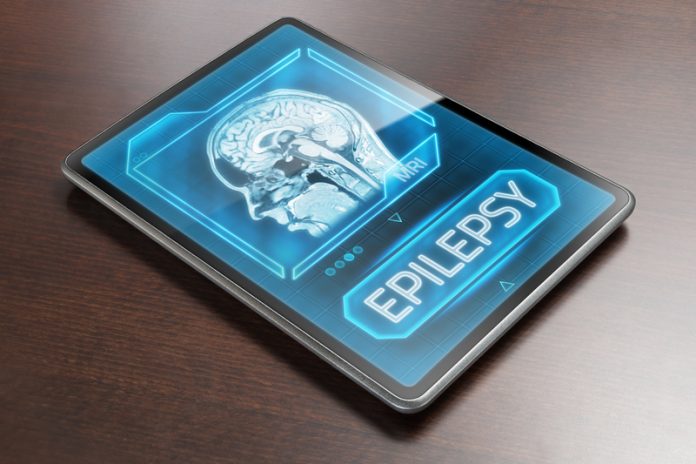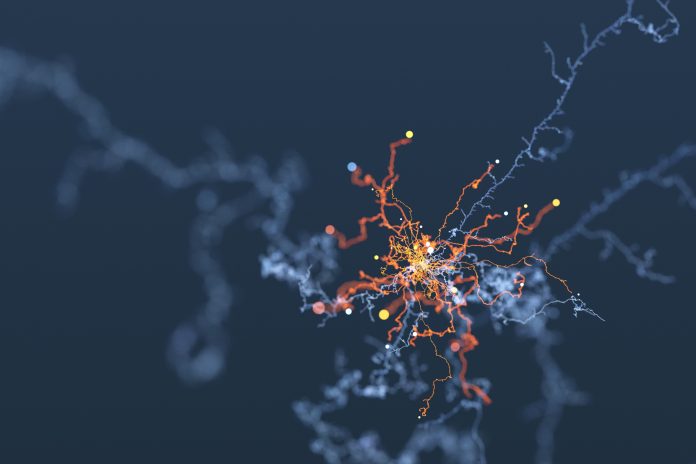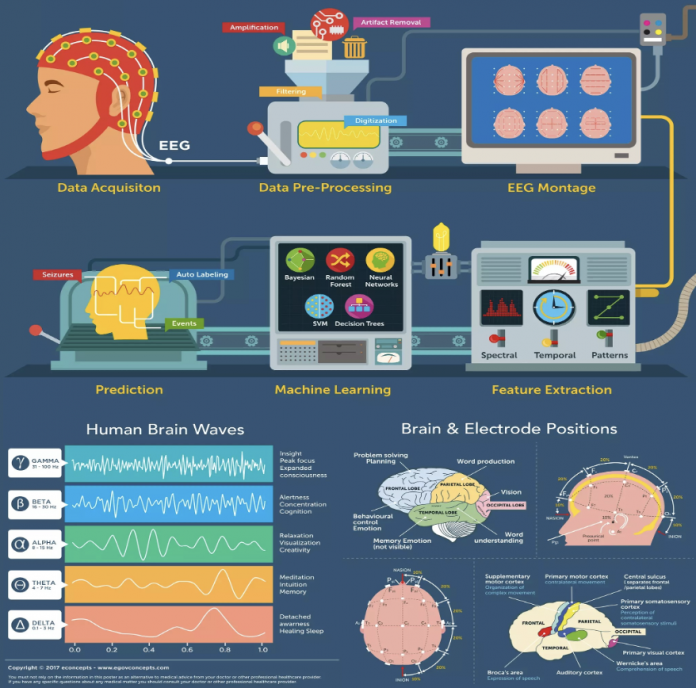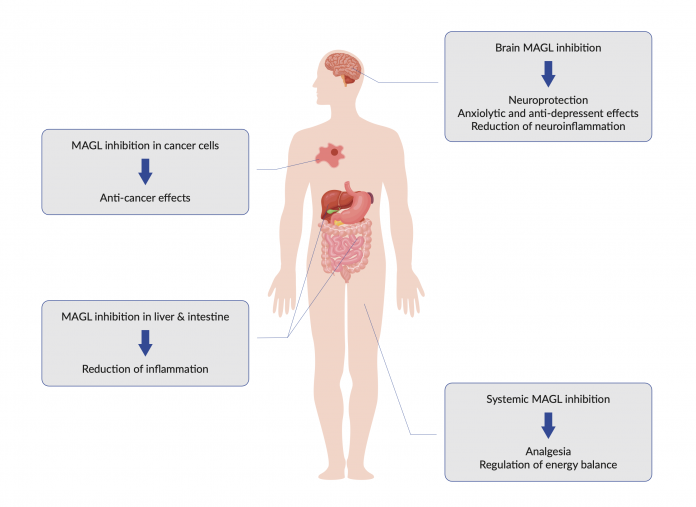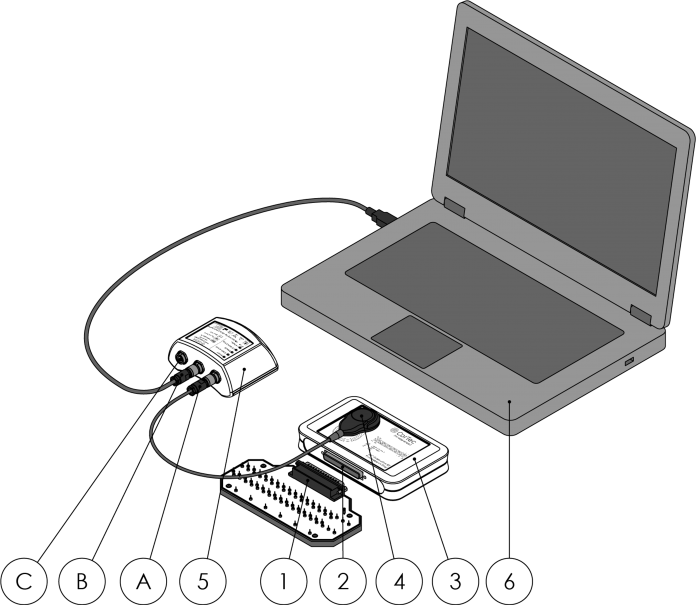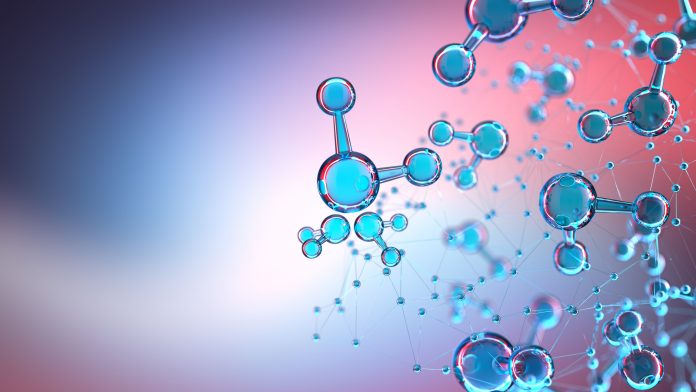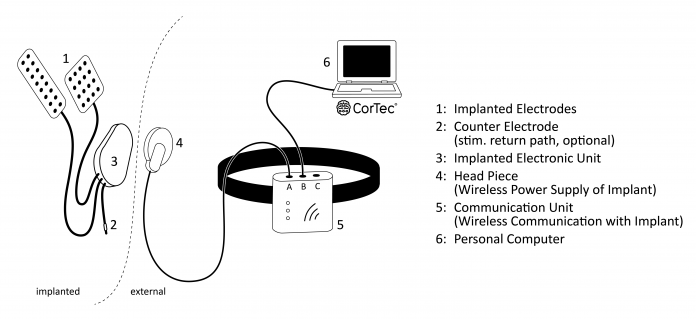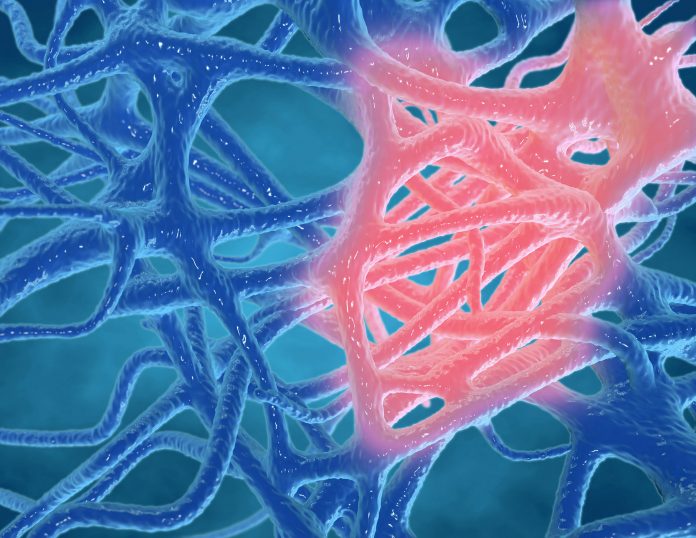Home Search
epilepsy - search results
If you're not happy with the results, please do another search
Cannabis-based medicines as a treatment for epilepsy in the UK
Sam Mountney, Senior Policy & Campaigns Officer at Epilepsy Action, shares his expertise on cannabis-based medicines as a treatment for epilepsy in the UK.
Purple Day 2019 – Helping children with epilepsy live better
Epilepsy Action is calling for people to support Purple Day, and start talking about the effects that epilepsy has upon those living with the condition, and their family and friends.
RCSI research finds eleven new genes associated with epilepsy
Researchers at the Royal College of Surgeons (RCSI) in Ireland have found new genes linked to epilepsy which could inform the development of new treatments for the condition
The single seizure clinic: A paradigm shift in epilepsy care
Professor Jose Tellez-Zenteno and colleagues argue the need for a dramatic change in the way epilepsy is treated, and explain how the single seizure clinic could help
Epilepsy comprises more than 40 clinical syndromes, affecting 50 million people worldwide. Globally, epilepsy constitutes an unmet need and one that requires an...
Living with epilepsy is hard, but there is hope
The Epilepsy Society is working to reduce stigma and improve treatments for those living with epilepsy, as Nicola Swanborough explains here
It’s easy to paint a picture of epilepsy in statistics. There are more than half a million people in the UK living with epilepsy and an estimated 50 million...
EEG Gold Standard in Epilepsy Diagnostics
Electroencephalography (EEG)
EEG visualises voltage differences recorded with electrodes located on the head. These very small (typ. 10-50 μV) voltage fluctuations resulting from ionic current flows within the brain. One of the key advantages of EEG recordings as compared to imaging techniques such as MRI (Magnetic Resonance Imaging) is the high temporal...
Psychosocial impact of epilepsy
Dr Anthanasios Covanis, President of the International Bureau for Epilepsy (IBE) details the psychosocial impact of epilepsy, and its challenges in day to day life
Epilepsy is one of the most common serious brain disorders that affects at least 65 million people worldwide in a variety of ways, and is expressed...
Invasive electrical stimulation for stroke treatment
The CorTec Brain Interchange system is a potential tool to improve motor rehabilitation after stroke (Schuettler, 2023). Here, it is sketched how results from studies of other groups are combined to form CorTec’s vision of a new therapy and how first human data was collected to prove the systems therapy capability.
AI healthcare research: Pioneering iSMART Lab
Dr Narges Armanfard, Professor, talks us through the AI healthcare research at McGill University which is spearheading a groundbreaking initiative – the iSMART Lab.
Understanding and supporting neurological conditions among the incarcerated
Samuel Han and Audrey Nath discuss neurological conditions among the incarcerated, who they argue are a medically underserved population.
MAGL inhibition: A novel treatment option for combating inflammatory disease?
Pharma researchers Uwe Grether and Julie Blaising from F. Hoffmann-La Roche Ltd. highlight the vast therapeutic potential of MAGL inhibition for central and peripheral diseases.
Preparing for a clinical study on implant-enhance stroke rehabilitation
Martin Schuettler, Chief Technology Officer at CorTec GmbH, addresses key questions around the development of the company’s innovative Brain Interchange System to support stroke rehabilitation therapy.
Digital Life Norway (DLN) Initiative to foster and boost transdisciplinary biotechnology research and innovation
Meeting the rapid developments in biotechnology by fostering transdisciplinarity, including digitalisation and big data, to create convergence for innovation in a virtual centre.
Reducing non-human primate sacrifice for brain research in the virtual era
Non-Human primates (NHPs) continue to be fundamentally necessary to advance our understanding of the human brain, from its molecular and cellular make up all the way to its systems architecture and how all these mesmerizing components give rise to behavior. This necessity is not changing. It is the curiosity and effort of the human brain to understand itself.
Options for stroke survivors: From stroke to conventional therapy
Discovery of novel treatment options for stroke survivors – requirements for implanted systems.
Kate Connor – Trinity College Dublin
I specialise in the study of difficult-to-treat malignancies with unmet clinical needs, with a particular focus in the neuro-oncology setting
I have significant expertise in the development of advanced preclinical models of Glioblastoma (GBM), interrogation of tumour microenvironment contexts of vulnerability, development of novel pre-clinical radiomic pipelines and investigation of...
Mark Cunningham – Trinity College Dublin
Mark Cunningham is the Ellen Mayston Bates Professor of Neurophysiology of Epilepsy at Trinity College Dublin and the Head of the Discipline of Physiology in the School of Medicine
He leads a research group that uses neurophysiological techniques to study the mechanisms by which neuronal microcircuits generate organised electrical activity...
Major depressive disorder: Brain signals as biomarkers for depression
Tiago Costa from Delft University of Technology explores the potential of neuroimaging techniques, specifically non-invasive electroencephalography (EEG), in detecting biomarkers for depression.
CB2R agonists in the clinics: A treasure chest for treating inflammatory diseases
Researchers give an update on clinical trials with CB2R agonists and their potential for the treatment of inflammatory diseases.




